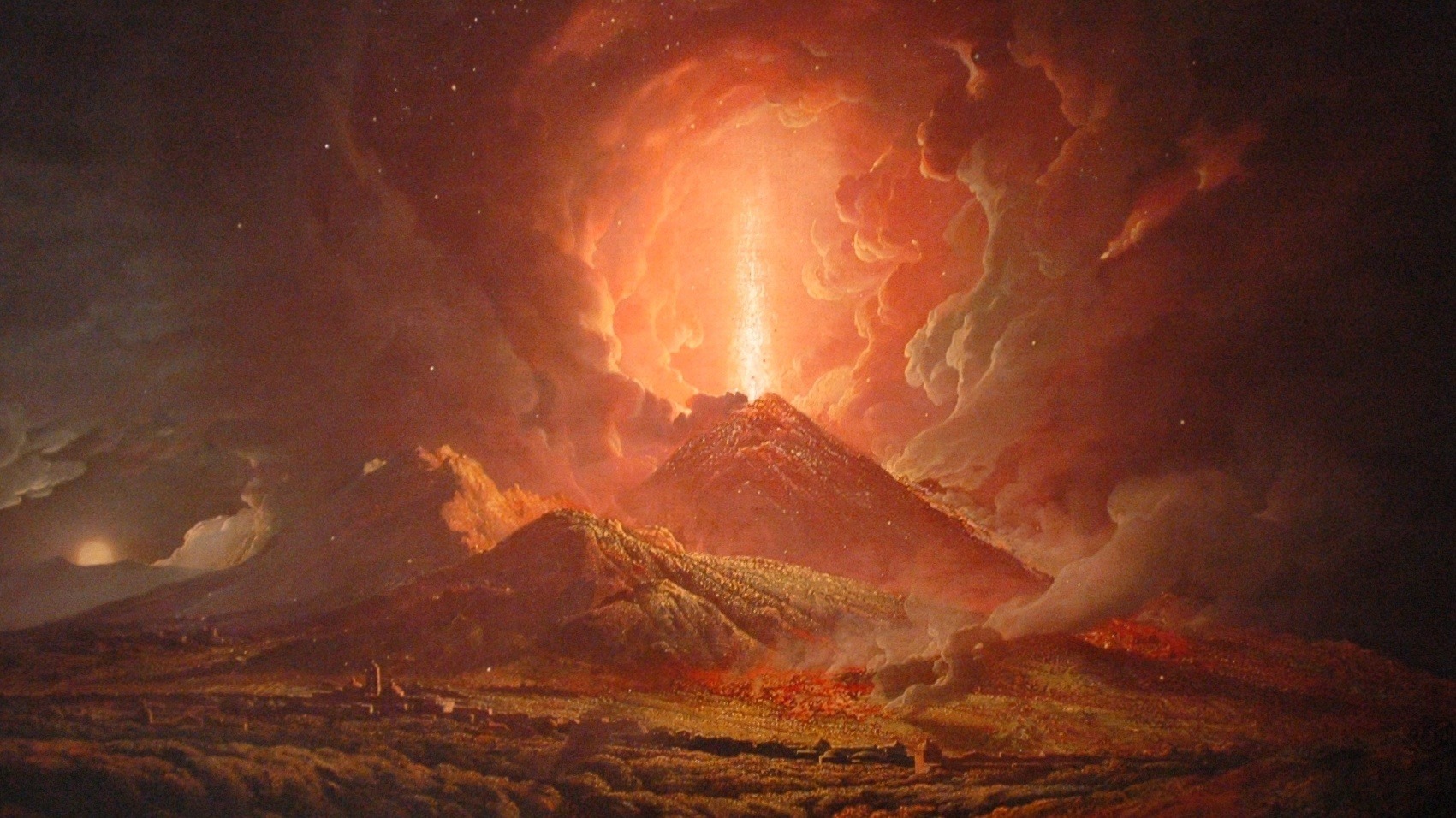Debussy’s “Feuilles Mortes”: A Desolate Landscape
Feuilles mortes (“Dead Leaves”) is the second piece in Book II of Claude Debussy’s Préludes for solo piano. Composed in 1913, the music suggests the vivid colors and atmosphere of an impressionistic painting. It evokes a bleak and desolate late autumn landscape—perhaps one in which a frost has already descended. Debussy’s interpretive marking is Lent et mélancolique. Filled with jazzy parallel chords, the music inhabits a haunting dreamscape. Quiet, ghostly ostinatos emerge …







